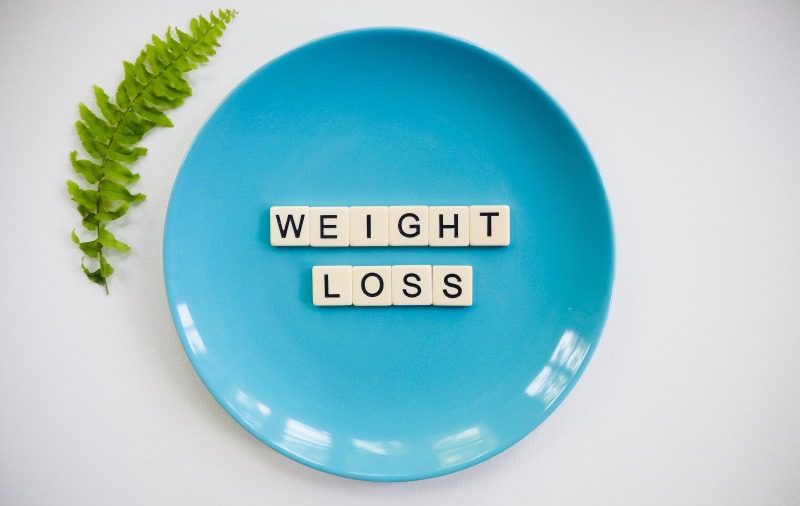
Dietitians are nutrition specialists who help people meet goals by making changes to their diet.
The dietitian will have quality information on how to lose weight, build muscle mass or improve your health.
They usually work with patients in hospitals and medical centers.
Athletes also often seek the help of dietitians to make the most of their diet and increase their performance and achieve the best results.
They greatly help patients struggling with obesity, diabetes or some other disease that requires special eating habits.
The average salary of a dietitian is $60,370.
How much money you spend on a degree in dietetics depends on whether you attend private or public school.
As usual, attending a public school is cheaper, all the more so as it is possible to take advantage of tuition discounts and fees.
On the other hand, private schools charge equal fees to all students, and there are additional costs that accompany private schooling.
Table of Contents
Average Costs
Certain undergraduate study is not always required, however, many schools require courses in chemistry, biology, and nutrition.
The dietitian must know the basics of food chemistry, how they react to each other and to body.
Biology courses will help to understand what ingredients are needed for the proper functioning of the human body and which can be harmful.
Also, nutrition classes will teach you in detail in relation to bodily functions and diet.
These classes can move you up the ladder when you sign up for a training program.
For the Technician Associate Degree you may spend between $4,000-$19,000.
In the US, 40 colleges and universities offer these programs.
For 2020/21, the average tuition fee of the Dietetic Technician program at the schools is $4,000 for residents of the state and $9,000 for students outside the state.
For 2020/21, the average tuition costs of colleges offering Dietetic Technician program for out-of-state student is $9,545 for undergraduate programs and $17,762 for graduate programs.
259 colleges and universities in the United States offer Dietitian programs.
The average tuition in 2020/21 for bachelor degree is $8,344 for state residents and $20,213 for out-of-state students.
Meredith College in North Carolina applies undergraduate tuition of $41,224.
At University of Northern Colorado, the tuition and fees for students who are pursuing undergraduate courses are estimated to be around $16,116.
Graduate (master) tuition and fees are around $10,476 + $1,968 for in-state students and $19,551 + $1,968 for out-state students.
Idaho State University applies undergraduate tuition of $7,872 per year for Idaho residents and $25,326 per year for non-residents.
Furthermore, a graduate tuition is $10,323 per year for Idaho residents and $27,777 per year for non-residents.
The average salary after completing the dietitian program is $29,522 for a bachelor’s degree and $43,050 for master degree programs.
Registration, certification and licensure varies from state to state, but costs generally range between $100 and $300.
According to the Minnesota Board of Dietetics and Nutrition Practice, fees are the following:
- $283.25 – initial application fee,
- $170.75- reinstatement application fee.
Additional Costs
In addition to tuition and other fees, additional costs include books, supplies, accommodation and food.
For example, Idaho State University applies additional Room fee of $2,950/yr, Meal Plan of $3,460/yr, and Books & supplies of $1,100.
The average costs for purchasing books and course supllies in 2021 is $1,250.
Also, additional cost is annual licence renew in average $75.
Some other additional feeds are technology fee ($100), activity fee ($300), health fee ($100), field trips ($50), lab coat and non-slip shoes ($50), etc.
At the Marywood University you will pay $16,238 if you live on campus, and $12,500 for off-campus living.
Discounts
Many universities offer scholarships to help students become dietitians.
For this purpose, the Academy of Nutrition and Dietetics Foundation offers individual scholarships ranging from $500 to $25,000.









